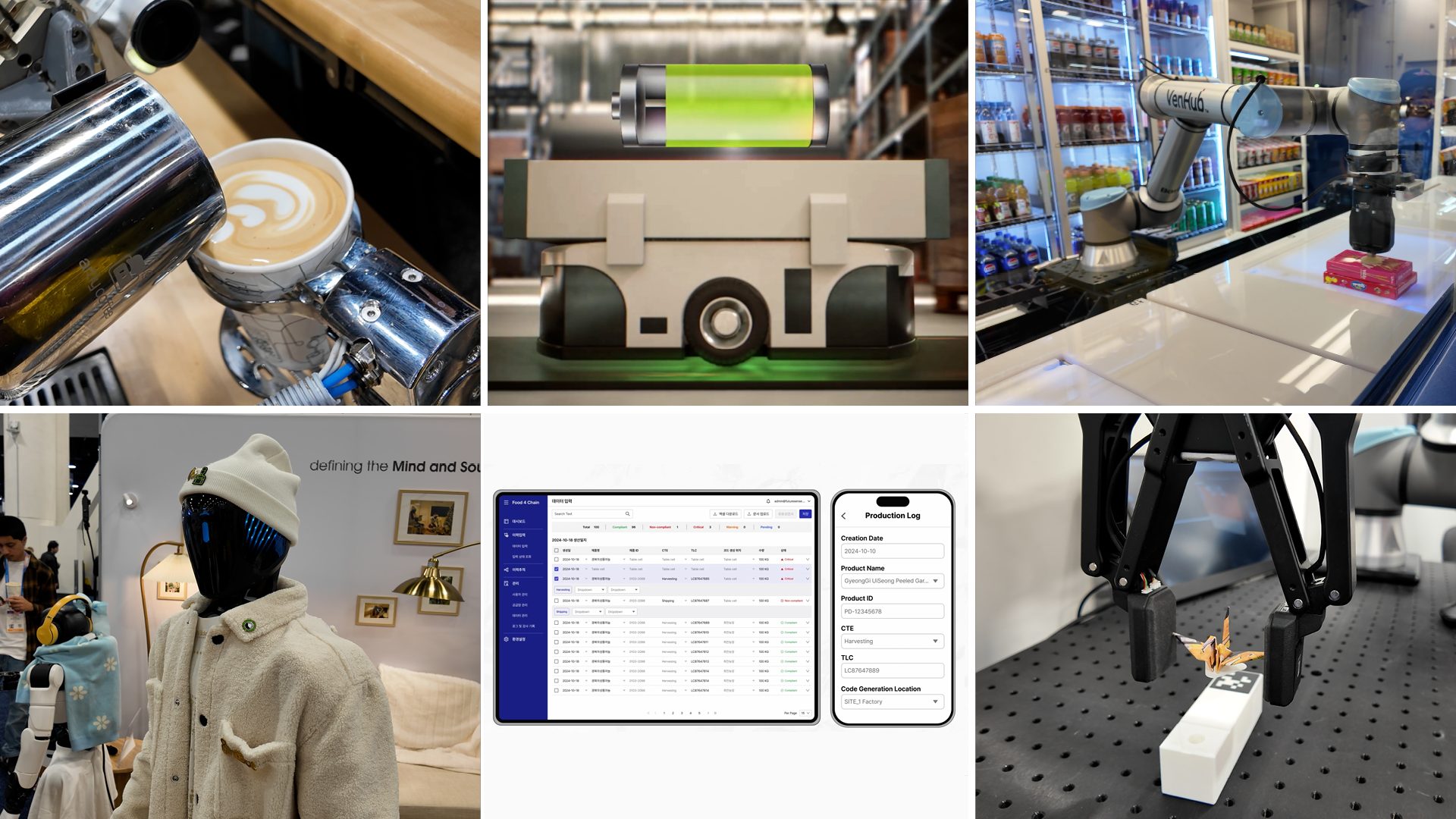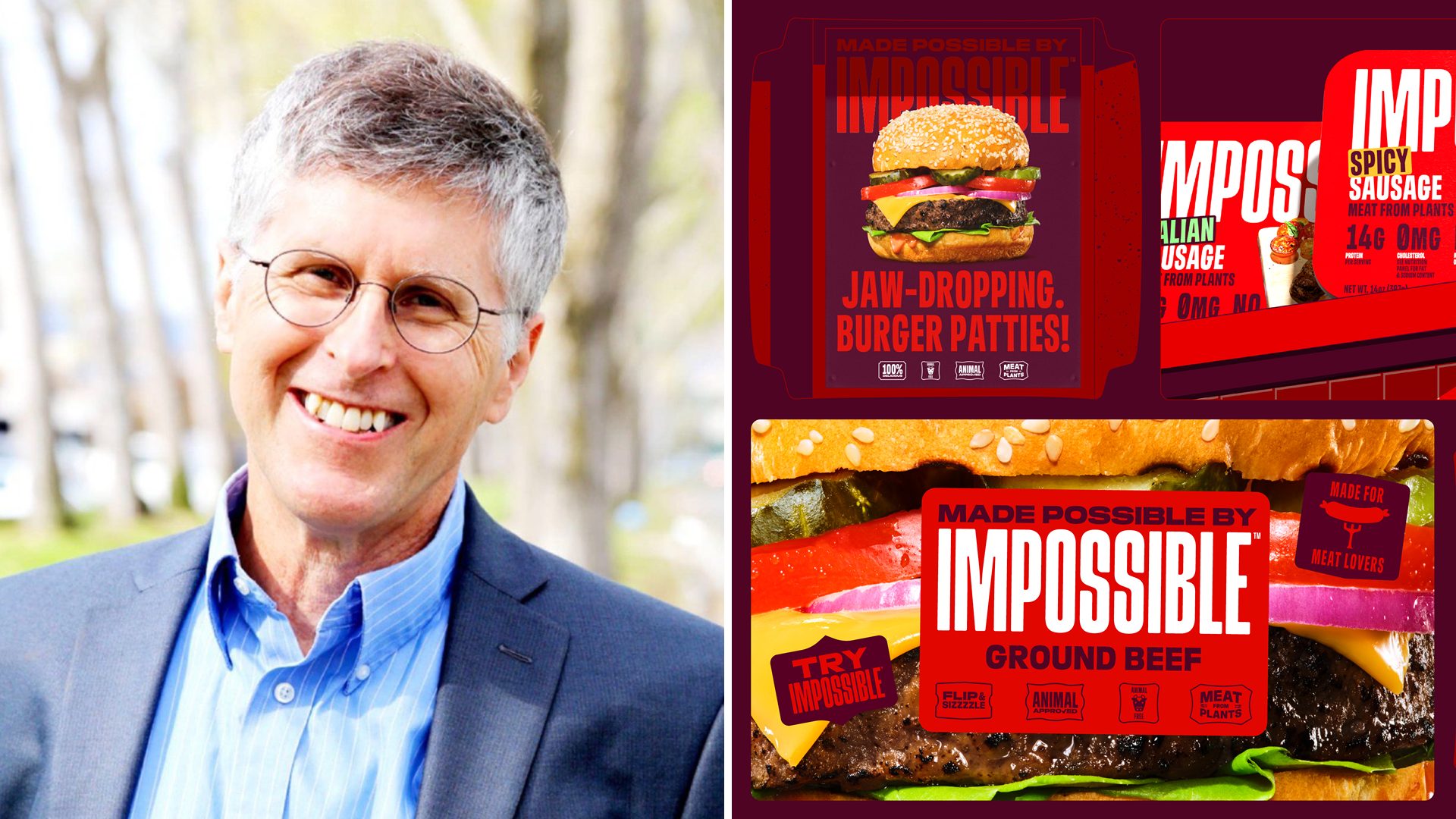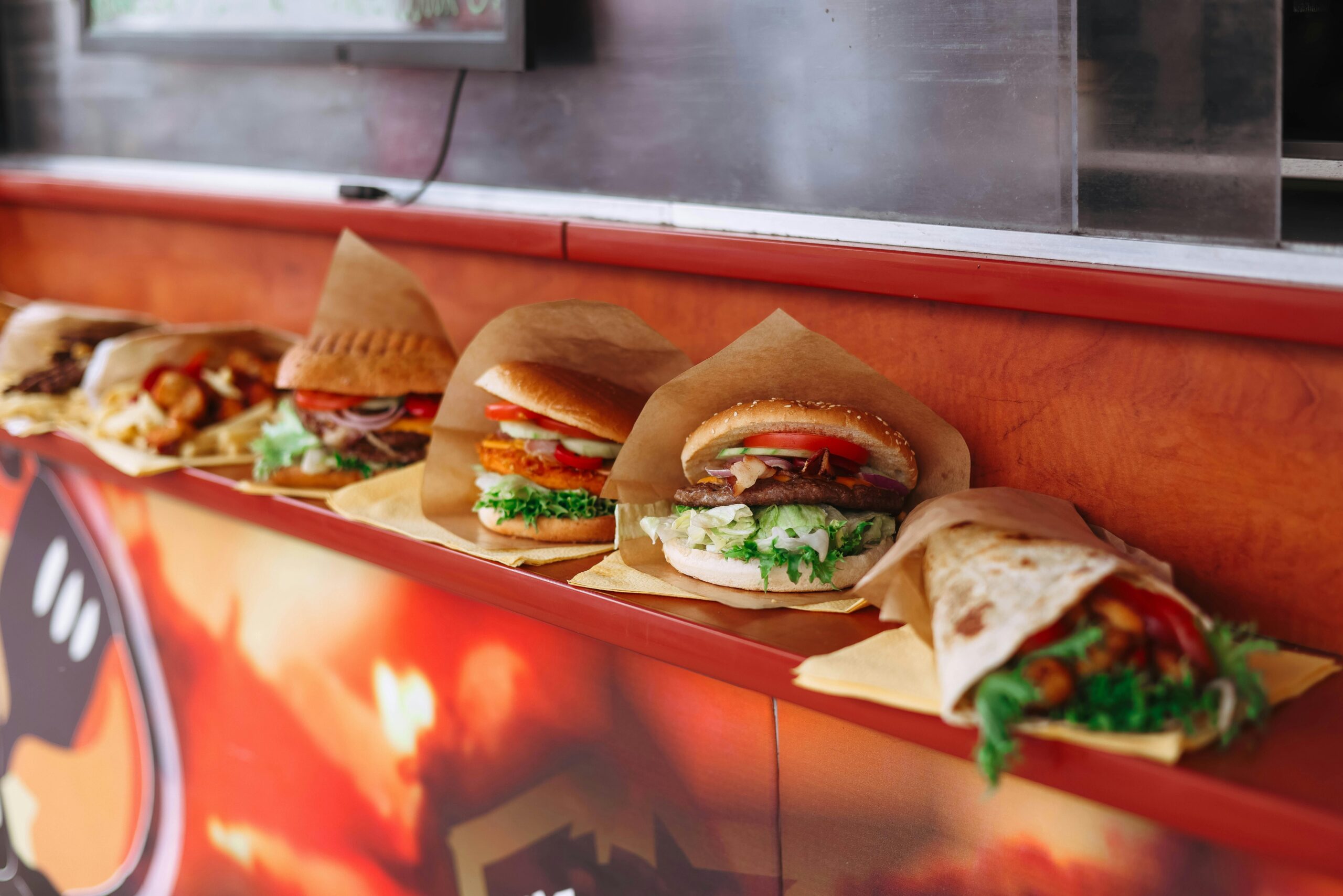Today, in a small town in southeast New Mexico, plant-based brand Rebellyous Foods will celebrate what its CEO calls “a pivotal moment in the future of food.”
Christie Lagally and Rebellyous are set to unveil their patented Mock 2 production system, at plant-based producer RMS Foods’ facility in Hobbs, New Mexico. The Mock 2 technology enables Rebellyous to produce plant-based meat that, the company says, will effectively compete on price and quality with traditional meat production.
The Mock 2 system is a fully continuous, automated, and chilled dough substrate processing system that can produce a wide range of plant-based meat products at volumes of 2,500-5,000 pounds per hour on a single processing line.
Currently, most plant-based meat products are made via batch processing to make the substrate or dough. In that respect, Rebellyous chose to zig where many competitors have zagged.
“What we’re doing differently is we developed a system which converts that entire batch process into a completely continuous process that requires no labor,” Lagally told The Food Institute. “It also ensures that all the ingredients are dosed and measured accurately in a continuous process. It continuously emulsifies the oil, water, and starch, so you get a really high-quality material in a reasonable time.”
Partnering with RMS Foods allows Seattle Food Tech – doing business as Rebellyous Foods – to fulfill its company mission, catalyzing a path for sustainable protein production. Currently, Rebellyous’ plant-based chicken patties and nuggets are served roughly 275 school districts, reaching more than 4 million American students.
Rebellyous, which primarily focuses on selling to schools participating in the National School Lunch Program, has roughly doubled sales in each of the past three years.
Many consumers have been hesitant to try plant-based protein due to its higher cost and subpar taste. In that spirit, the Mock 2 system was designed to offer:
- Enhanced worker safety
- A reduced environmental footprint
- Minimized material waste
- Improved energy efficiency
“We can actually use less energy,” Lagally said, “because you don’t have to refrigerate the facility, because all the refrigeration happens at the equipment level. You can also make a lot of product with less waste, because everything is contained within the system, rather than being in an open-air format.”
Rebellyous officials are confident their company is making major strides in addressing the common complaints associated with alt-protein.
“There are obviously a lot of different ways that the plant-based meat industry could improve,” Lagally told FI. “Because consumers, first and foremost, say that the products cost too much. They often say that quality isn’t consistent.
“The reason that we think we have a game-changer here,” the CEO added, “is because we can address cost and quality simultaneously, and that’s what our industry has needed for a while: cost and quality. There are more efficient ways on the horizon, and that’s what we’re deploying.”
The Food Institute Podcast
Restaurant results for the second quarter weren’t stellar, but people still need to eat. Are they turning to their refrigerators, or are restaurants still on the menu for consumers? Circana Senior Vice President David Portalatin joined The Food Institute Podcast to discuss the makeup of the current restaurant customer amid a rising trend of home-centricity.












